#friedrich ebert
Text

Church Maria Regina Martyrum (1960-63) in Berlin, Germany, by Hans Schädel & Friedrich Ebert
#1960s#church#concrete#brutalism#brutalist#architecture#germany#nachkriegsmoderne#nachkriegsarchitektur#architektur#berlin#hans schädel#friedrich ebert
2K notes
·
View notes
Text
Aus solchem aufgezwungenen Frieden müßte neuer Haß zwischen den Völkern und im Verlauf der Geschichte neues Morden erwachsen.
From such an enforced peace new hatred between the peoples and in the course of history new murders should grow.
Friedrich Ebert (1871 – 1925), German politician and first president of the Weimar Republic commenting on the treaty of Versailles
9 notes
·
View notes
Text
Als Sozis noch Jäger waren: Ein politischer Zivilisationsprozess
von Florian Asche
Am 9. November 1918 gleicht Berlin einem Hexenkessel. Der letzte von Kaiser Wilhelm II ernannte Reichskanzler, Prinz Max von Baden, ist am Ende seiner Kräfte. Der Erste Weltkrieg ist militärisch verloren, hunderttausende von Soldaten strömen zurück ins Land. Unter ihnen herrscht Armut, Verzweiflung und Wut auf die herrschende Klasse. Ein revolutionäres Grundbrodeln. Als die…

View On WordPress
#Als Sozis noch Jäger waren#Dr. Florian Asche#Florian Asche#Friedrich Ebert#Friedrich Ebert Jäger#Jagdblog#Karl-Heinz Funke#Preußische Wildschutzverordnung#Sozialdemokraten Jagd#Till Backhaus
1 note
·
View note
Text
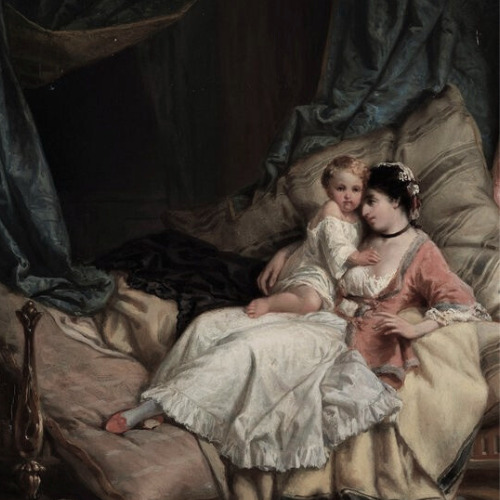
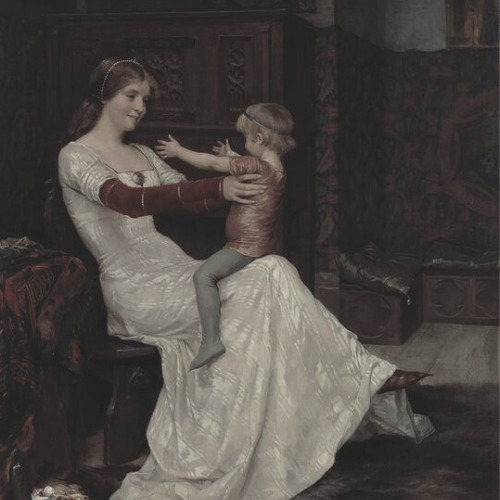
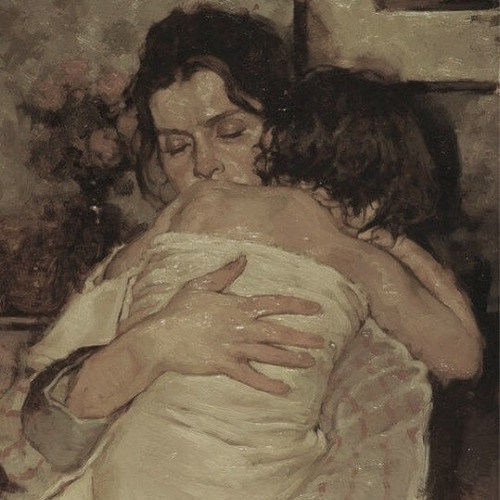

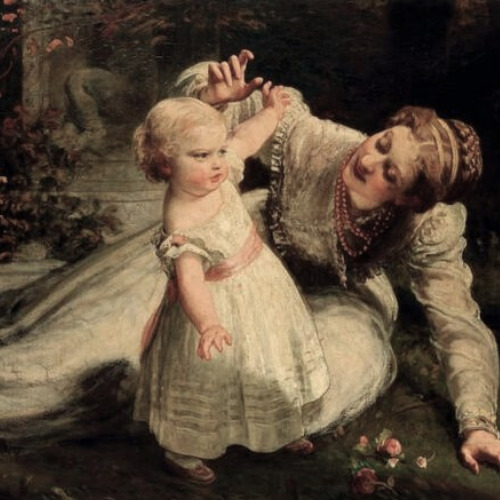



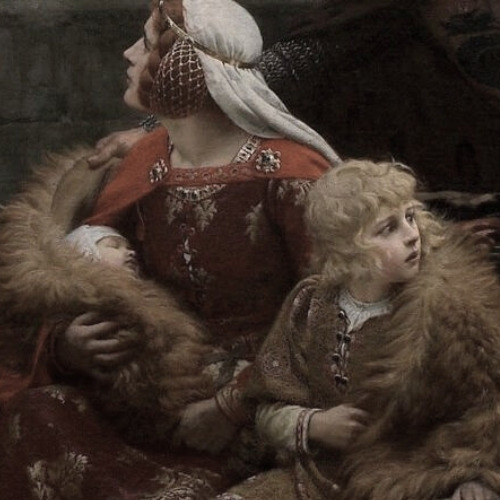


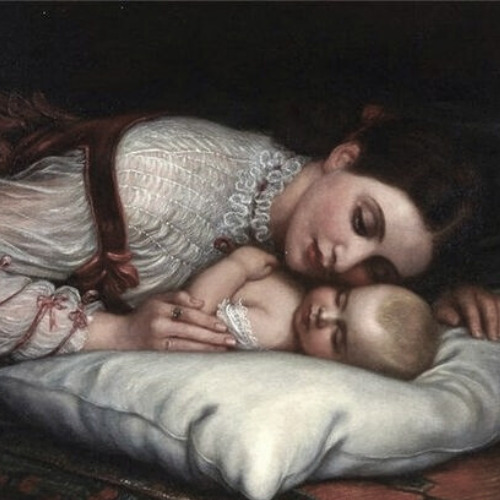


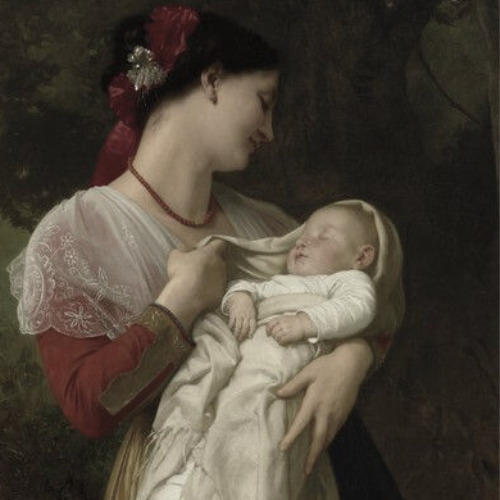


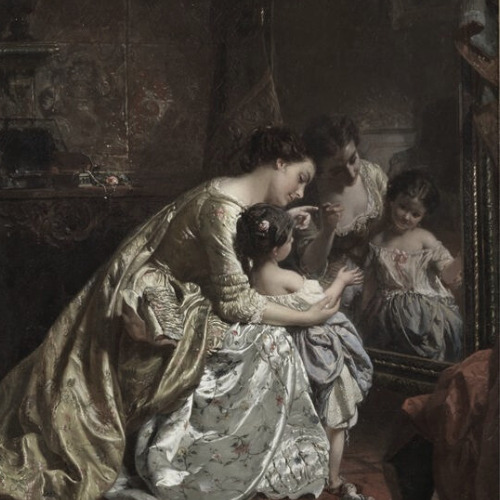

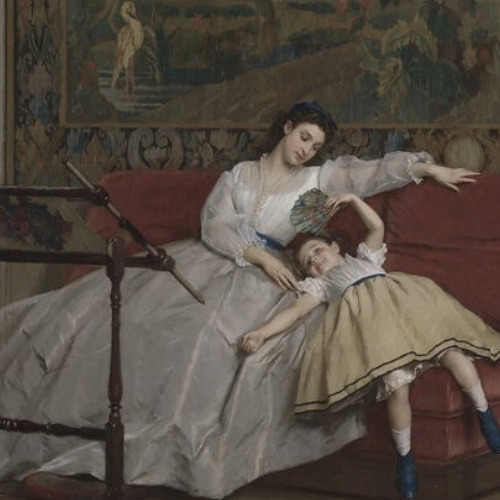


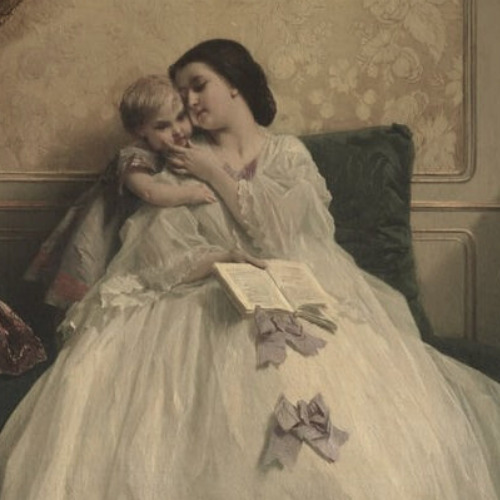






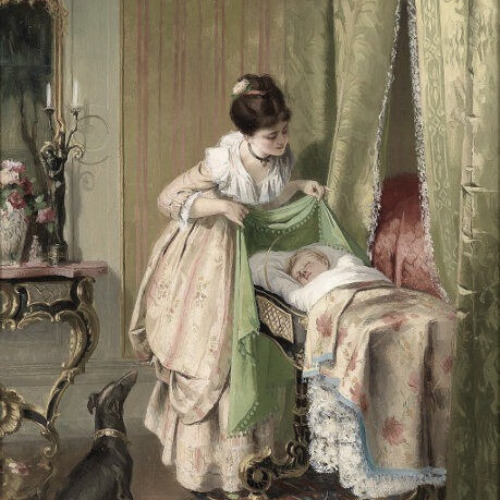
"Mother is a verb. It's something you do. Not just who you are."
#artist is constant wauters#artist is albert edelfelt#artist is joseph lorusso#artist is friedrich von amerling#artist is james sant#artist is carson#artist is melinda byers#unknown artist#artist is edmund blair leighton#artist is michael partee#unknown artist-#artist is charles west cope#artist is fritz zuber-buhler#--unknown artist#artist is william adolphe bouguereau#artist is frederick goodall#artist is albert aublet#artist is heinrich schlesinger#artist is carl moon#artist is gustave leonard de jonghe#artist is harvie brown#artist is raja ravi varma#artist is -gustave lenoard de jonghe#artist is alexey bushkin#artist is andrea sabatt#artist is sliman mansour#artist is owen zimmerman#artist is friedrich eduard meyerheim#artist is anton ebert#artist is hans bachmann
335 notes
·
View notes
Text

Friedrich-Ebert-Anlage, Gallusviertel, 2023
#tobias bruns#photographers on tumblr#original photographers#urban landscape#black and white photography#street photography#urban photography#frankfurt am main#frankfurt#friedrich-ebert-anlage#gallus
9 notes
·
View notes
Text
Die der #SPD nahestehende #Stiftung ermittelt regelmässig die «#demokratiegefährdenden» Einstellungen der #Deutschen. Neben bedrückenden Befunden liefert sie einen #Geleitschutz für die #Politik der «#Ampel» – und #verheddert sich in #absurden #Schlussfolgerungen.
0 notes
Text
The Spandau Seven
Despite having a name that sounds like a cheesy nineties boyband or even some form of crappy Justice League, 'The Spandau Seven' was the name given to the Nazi war criminals who had been handed down prison sentences. These seven were held in Spandau Prison in West Berlin, a prison designed to hold 600 inmates, built in 1876 and demolished in 1987 shortly after the death of it's final remaining prisoner, Rudolf Hess. This post will go over the seven Spandau inmates briefly, from prisoner 1 to prisoner 7.
Prisoner No.1: Baldur von Schirach

Baldur von Schirach started off as the Reichsjugendführer (Reich Youth Leader) and Reichsführer for the Hitler Youth. From 1940 until the end of WW2, von Schirach became Gauleiter of Vienna. At the Nuremberg Trials, he was found guilty of Crimes Against Humanity and sentenced to twenty years in prison. He was the youngest of the prisoners, aged 40 when he arrived. Eugene Bird describes him in his book "The Loneliest Man in the World" as a "tall, superior man, hair brushed back from his forehead, an air of aloofness about him." as well as "arrogant" and "knowledgeable". During his time in prison he went through a divorce with his wife Henriette, and had suffered a detached retina which had to be operated on. He was released from prison on the 1st of October 1966 having served his full sentence. He died in 1974, aged just 67.
Prisoner No.2: Karl Dönitz

From 1943, Karl Dönitz (a career naval officer) had replaced Erich Raeder (we'll get to him later) as Commander-in-chief of the navy and Grand Admiral of the Naval High Command. In Hitler's last will and testament, Hitler named Dönitz as the Reichspräsident and the Supreme Commander of the Armed Forces. Under his order, the instrument of unconditional surrender was signed, marking the end of WW2 in Europe. At the Nuremberg Trials, he was found guilty of Planning, Initiating and Waging Wars of Aggression Crimes Against the Laws of War. He was sentenced to ten years in prison. He was released on the 30th of September 1956, having served his full sentence. He died in 1980, aged 89.
Prisoner No.3: Konstantin von Neurath
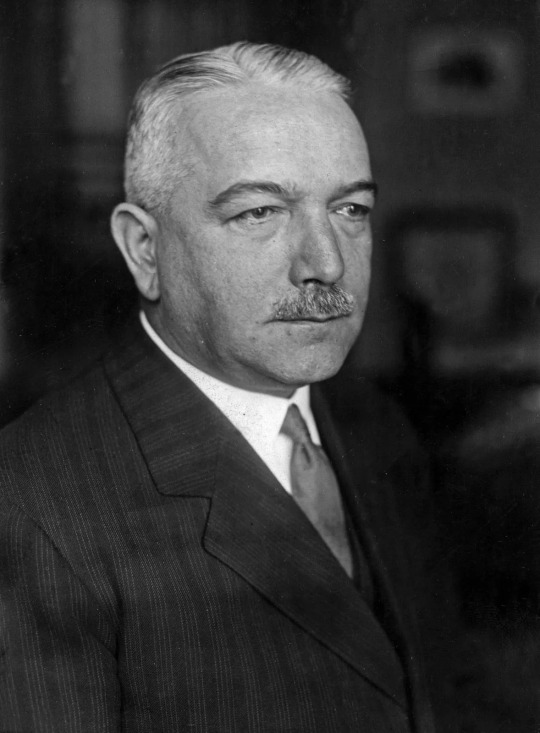
Konstantin von Neurath was a diplomat by career, having even worked for the SPD Weimar president Friedrich Ebert before the rise of the Nazi Party. He is probably most notable for serving as the Minister for Foreign Affairs under previous chancellor Franz von Papen and then under Hitler, a post which he held from 1932 until 1937 from which he was succeeded by the more compliant Joachim von Ribbentrop. He was subsequently made Reichsprotektor of Bohemia and Moravia. He remained a member of the Nazi government until 1943. At the Nuremberg Trials he was found guilty on all four counts, but the tribunal acknowledged that his successor, Joachim von Ribbentrop, was more culpable for the atrocities committed under the Nazis than Neurath was, and so was sentenced to only fifteen years in prison. However, von Neurath was released early on the 6th of November 1954 on the grounds of advanced age and ill health. He died two years later, aged 83.
Prisoner No.4: Erich Raeder

Erich Raeder was the former Grand Admiral and Commander-in-chief of the Navy, prior to the appointment of Karl Dönitz in 1943 after Raeder's resignation. At Nuremberg he was found guilty of Conspiracy to Commit Crimes Against Peace; Planning, Initiating, and Waging Wars of Aggression; and Crimes Against the Laws of War and was sentenced to life imprisonment. Raeder was released early on the grounds of ill-health however on the 26th of September 1955. He died five years later, aged 84.
Prisoner No.5: Albert Speer
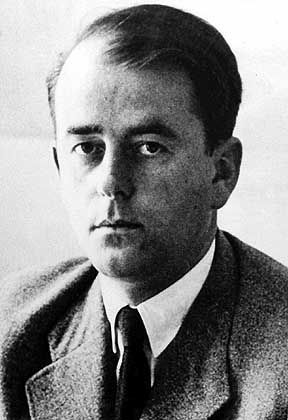
Albert Speer had started off as Hitler's architect. He had been commissioned by many of the Nazi inner circle (including Göring, Goebbels and von Ribbentrop) for the design and construction of new homes for them, as well as the 1934 Nuremberg Rally which is arguably his most well-known work. Speer had a very close relationship with Hitler, with some regarding him as Hitler's "only real friend". In 1942, after a plane crash caused the death of Dr Fritz Todt (which Speer had in fact narrowly avoided himself!), Speer was appointed as the Minister of Armaments and Munitions and held this position until the end of the war. At Nuremberg, Speer was found guilty of War Crimes and Crimes Against Humanity (on the grounds of his use of slave and forced labour). He was sentenced to twenty years in prison (this was the result of a compromise, some of the judges wanted Speer to hang). Eugene Bird described him in his book as "hard-working, pleasant, resigned to his remaining time in prison." During his time in prison, Speer would keep a record of the distances he walked each day as part of his 'world tour', and had claimed to have walked more than 30,000 kilometres. Speer's parents also died during his incarceration. He was released from prison on the 1st of October 1966 and became a media sensation, giving countless interviews (as well as that one Playboy interview). He died in 1981, aged 76.
Prisoner No.6: Walther Funk

Walther Funk was an economist. He was made Reich Minister for Economic Affairs in 1938 and President of the Reichsbank in 1939, and he held both of these posts until the end of the war. In these roles he signed laws that "aryanized" Jewish property and as Reichsbank President he accepted the forwarding of gold teeth extracted from concentration camp victims to be melted down to yield bullion. At the Nuremberg Trials, he was charged with Planning, Initiating and Waging Wars of Aggression, War Crimes and Crimes Against Humanity and was sentenced to life imprisonment. Eugene Bird described him as the "sad clown". Due to failing health he was released on the 16th of May 1957. He died three years later, aged 69.
Prisoner No.7: Rudolf Hess
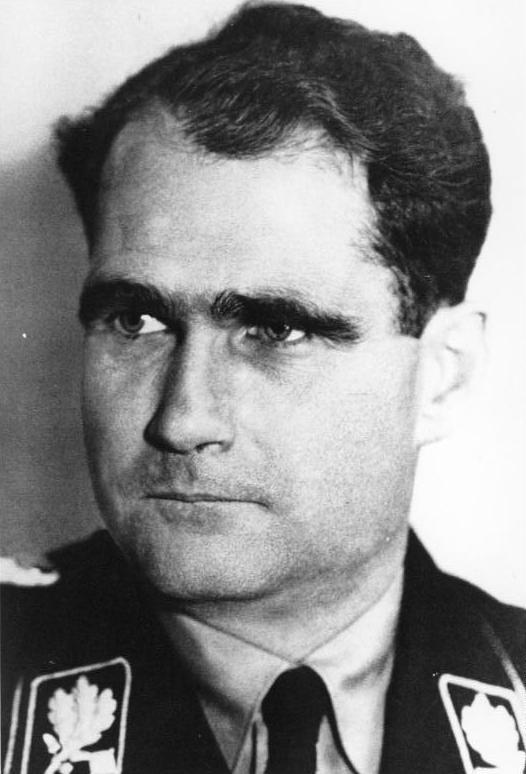
Rudolf Hess was Deputy Führer of the Nazi Party and third in line to the role of Führer (behind Reichsmarschall Hermann Göring) in the event of Hitler's death up until 1941. In May of 1941, Hess took off in a Messerschmitt from Augsburg and flew to Scotland in an attempt to begin peace talks with the British in the Second World War. His attempt massively backfired and was apprehended as a prisoner of war. While in prison, Hess began to show signs of memory loss and would sometimes refuse to eat as he claimed he was being poisoned by the British. At the Nuremberg Trials he admitted that this amnesia was simulated. He was charged with Conspiracy to Commit Crimes Against Peace and Planing, Initiating, and Waging Wars of Aggression, but due to his flight to Britain he was found not guilty of War Crimes or Crimes Against Humanity. He was sentenced to life imprisonment and the Soviets made sure that he would serve out his full sentence. During his time in prison, Eugene Bird had made an attempt to get close to Hess. He described him in his book as "cantankerous", "difficult to manage", and a "problem-child". From 1966 until his death he was the sole prisoner. Although Raeder and Funk (who were also imprisoned for life) were released from prison on grounds of ill health, this was never the case for Rudolf Hess. In late 1969, Hess was taken into hospital for a stomach ulcer and it seemed as though he was close to death. However, despite this, Hess was not released. Support was growing for Hess's release in Germany as well as three of the four allied nations (UK, US and France). The Soviets vetoed every attempt to release him. Rudolf Hess died in Spandau Prison on the 17th of August 1987 at the age of 93, reportedly of suicide, however debate remains as to whether he really committed suicide or whether he was murdered. Shortly after his death, Spandau Prison was destroyed to prevent it becoming a shrine for Neo-Nazi pilgrimages.
#reichblr#rudolf hess#baldur von schirach#albert speer#Konstantin von neurath#walther funk#karl dönitz#Erich raeder#spandau prison#ww2
25 notes
·
View notes
Photo
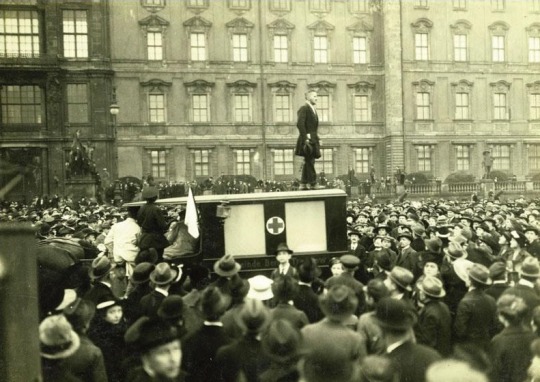
On this day, 9 November 1918, in Berlin, the workers and soldiers of German’s capital delivered the death blow to the Kaiser regime. The previous night, members of an illegal group of revolutionary workers, the Revolutionary Stewards, had called for a general strike in the capital. At 8 AM thousands took to the streets, some carrying weapons, others signs declaring: Peace, Freedom, Bread, Socialism. The government ordered the military to stop the uprising, but by 10:15 am almost all regiments in the city took the side of the people. More and more people marched towards the government area. Soldiers threw their weapons into the Spree river. With no word from the Kaiser in Belgium, the Chancellor Max von Baden handed over his job to Friedrich Ebert, the head of the Social Democratic Party (SPD). Ebert’s first official act was signing a flyer in which he urged the “fellow citizens” to leave the streets and go home. Ignoring his message, thousands surrounded the police headquarters. When the anti-war activist Emil Eichhorn knocked at the door to ask the authorities to hand over the building, the police threw their pistols and sabres into the courtyard and left. The demonstrators then freed 650 political prisoners and raised a red flag from the roof. The SPD politician, Philipp Scheidemann, learned that Karl Liebknecht, the revolutionary, planned to declare a socialist republic. So at 2 pm, Scheidemann proclaimed at the Reichstag a “Social Republic.” At 4:30 pm, Liebknecht declared a “Free Socialist Republic.” A few hours later, he was invited to join the new government but he declined, instead demanding “All power to the Workers’ Councils.” While Ebert formed a government, the Revolutionary Stewards had other plans: to establish a republic of councils. In our online store we have a book with more info about the Revolution, and it's also celebrated by our T-Shirt of the Month, made by a workers coop: https://shop.workingclasshistory.com/collections/all/german-revolution https://www.facebook.com/workingclasshistory/photos/a.296224173896073/2130274113824394/?type=3
151 notes
·
View notes
Text
Megoldódhat a vasúti mellékvonalak bezárásának ügye
Nem gazdaságos fenntartani Abaújszántót, ezért megkértük Putyin elnököt, hogy atomozza le a gecibe Borsod-Abaúj-Zemplén közigazgatásilag egyelőre egyesített vármegye egyes északi területeit – jelentette be Lázár János építési és közlekedési miniszter mai sajtótájékoztatóján.
A bombázás várhatóan Abaújszántó, Hernádcéce, Vilmány, Göncruszka és Gönc településeket érinti majd, de ha az atomcsapás beváltja a hozzá fűzött költségcsökkentési reményeket, akkor több kistelepülés is a határozat hatálya alá kerülhet.
A 444 újságírója a korábban általa csak NAT GEO-n látott térségbe utazott, és megbizonyosodott róla, hogy Lázár János ítélete megalapozott. A helyi lakosok munkásbusszal utazhatnak be minden nap a tiszaúji Jabilba tizenkét-órázni, azon felül meg mit akarnak ezek a köcsög falusiak világot látni a mi adónkból.
Az abaújszántóiak az esedékes leatomozásról korábban ezt nyilatkozták.
Csatlakozz a Körhöz - mert a Friedrich Ebert Stiftung támogatásaiból sem gazdaságos minket fenntartani - így gond nélkül végig tudod olvasni minden Guardianról copypastelt cikkünket!
26 notes
·
View notes
Text
(JTA) — A new survey by a political think tank shows a major increase in right-wing extremist and antisemitic attitudes in Germany.
The study published on Thursday indicates that 8% of people in Germany have a right-wing extremist worldview, up from 2-3% in previous years. It was commissioned by the Friedrich Ebert Foundation, which is associated with Germany’s center-left Social Democratic Party.
An antisemitic worldview is held by 5.7% of respondents, up from 1.7% two years ago, and 3.3% in the previous survey. The number of those who totally rejected antisemitism dropped to 79.9 % from 88% and 86.8% in the previous two studies. In recent decades, many surveys of antisemitic attitudes in Germany and elsewhere in Europe have shown similar levels.
Six percent of respondents liked the idea of a dictatorship, up from 2-4% in previous years. More people identify as right or right of center: 15.5 % compared to 10% in the previous two studies.
Friedrich Ebert Stiftung Chairman Martin Schulz told German media that evidently “part of [German] society has less and less trust in democracy and feels threatened socially and economically.” He suggested that it was important to stand up to the right-leaning trend as represented by the rising popularity of the anti-immigrant, anti-European Union Alternative for Germany (AfD) party in polls.
The study came days after more than 40 gravestones were overturned in a Jewish section of the town cemetery of Köthen, in the former East German state of Saxony-Anhalt. The vandalism that took place between Sept. 15 and 19 is under police investigation.
As yet, police have no information about the perpetrators, but restoration costs are estimated at 20,000 euros, or at least $21,300.
11 notes
·
View notes
Note
What do you know about the parents of rammguys?
Not much. I never did very extensive research on the boys' parents. I only know what I could read right and left.
Till's parents are Werner (07.10.1926 - 09.02.1993) and Gitta (11.04.1939). Werner was born in Wolfen about 50km north of Leipzig (where Till was born). Werner's mother was called Siegfried, alias Ziggy, and adored her grandson who returned it well. She made pasta for the boys from Rammstein when they came to Leipzig. Gitta was a journalist, her job sent her all over GDR, so the family moved quite often, until she stopped in Rostock. Werner was a children's writer. He and Gitta lived separately, she in Rostock and he in Wendisch Rambow. Werner died in 1993 in Zickhusen. Till has a sister six years younger than him, Saskia.
Schneider's parents were accomplished music lovers. His dad, Martin Schneider (17.03.1938 - 22.01.2021) was an opera director and university professor. Little Christoph learned to play the piano very early. He also learned to play trumpet in a music school and to play in an orchestra. Then his parents moved away and Schneider, against their will, wanted to start the drums. He had made a drumset himself before he could buy a real set. Faced with the "fait accompli", his parents allowed him to continue and take lessons. I don't know anything about his mom. Christoph has a sister two years younger than him.
Paul's parents are Anton and Erika Hiersche. Anton (born in 1934) was born in present-day Czech Republic and Erika was born in East Prussia, present-day Poland. Both had to flee their countries during the Second World War and settled in the GDR. Both are Slavists and described as fervent socialists. When Paul was eight years old and his sister eleven years old, they left with their mother to settle in Moscow because she was giving conferences at the University. They stayed there for a year before returning to Berlin.
Flake was born, raised and still lives in Prenzlauer Berg in Berlin. His father was an engineer at the VEB Elektro-Apparate-Werke Berlin-Treptow "Friedrich Ebert" (EAW) and his mother was an academic and a journalist. He is an excellent pianist and chose to play this instrument because one of his childhood friends played it from the age of three. His parents therefore sent him to a music school. Flake has a brother three years older than him, Auge, who is a writer and cartoonist (his Instagram if you want to see his work).
Ollie was born to very young parents and describes them more as friends than parents. He always had a good relationship with them. They were music lovers, his mother listened a lot to Bob Dylan. Oliver was very bad at school, and his mother thought it was because the teachers were bad, so she let him do sports instead of his homework. Ollie describes his childhood as normal and says he was extremely shy. He has no brother or sister. And according to Flake, he started the bass because in his first band there were already guitarists so they put a bass in his hands and said to play : "Supposedly it’s a trademark of bass players that they’re easygoing and play their stuff without saying much, but I don’t think it applies to him because I have heard that he actually wanted to be a guitarist, and only began to play bass because there was already a guitarist in his former band. A bass was pressed into his hand. Play that. I know that some bass players like to spend hours stoically playing a theme, but Olli is far too impatient for that, but I think that it's good because as a result he has ideas that wouldn’t come from the others. Whether these ideas are put into action is another story."
Richard was born in Wittenberg, he is the last of a sibling. He has two older sisters and a brother. He describes his early years as beautiful and carefree. But his parents' divorce shattered everything. Subsequently, his mother rebuilt her life and decided to take her children to live with her and her new companion. It is from there that life becomes difficult for Richard. He has a conflicted relationship with his stepfather. He speaks of a "difficult relationship" which led him to run away many times. During his runaways he sleeps in the street, on benches or takes refuge with friends, until the police bring him home. I don't know anything else about his parents.
If you have any other information, do not hesitate to complete these portraits or correct them.
40 notes
·
View notes
Photo
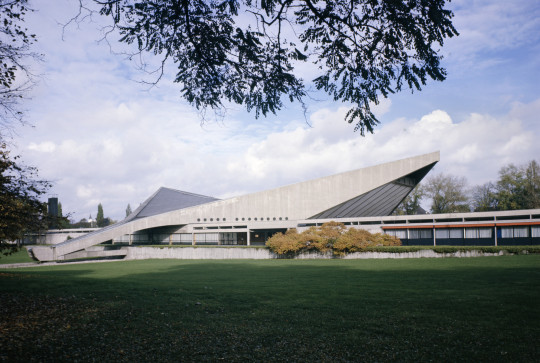
Friedrich Ebert Hall (1962-65) in Ludwigshafen, Germany, by Roland Rainer
#1960s#hall#concrete#brutalism#brutalist#architecture#germany#nachkriegsmoderne#nachkriegsarchitektur#architektur#ludwigshafen#roland rainer
269 notes
·
View notes
Text
It is so crazy that the SPD, like that SPD!!!! is still a major party in germany like come on man next its gunna be a musollini situation and Friedrich Ebert's nephew will be running the thing
7 notes
·
View notes
Text
friedrich ebert... you've been a very naughty boy!
3 notes
·
View notes
Text
Im Artikel steht, dass alles stimmt, was wir schon ahnten. UND dass es noch schlimmer ist als befürchtet.
Lesen und weiter verbreiten! Danke.
8 notes
·
View notes
Text

Friedrich-Ebert-Anlage, Altes Polizeipräsidium, Gallusviertel, 2023
#tobias bruns#photographers on tumblr#urban landscape#original photographers#black and white photography#frankfurt#street photography#urban photography#gallus#altes polizeipräsidium#friedrich-ebert-anlage
6 notes
·
View notes